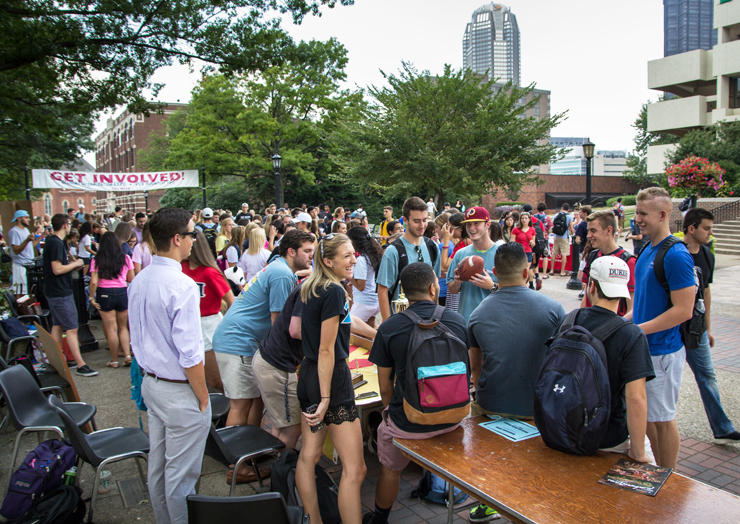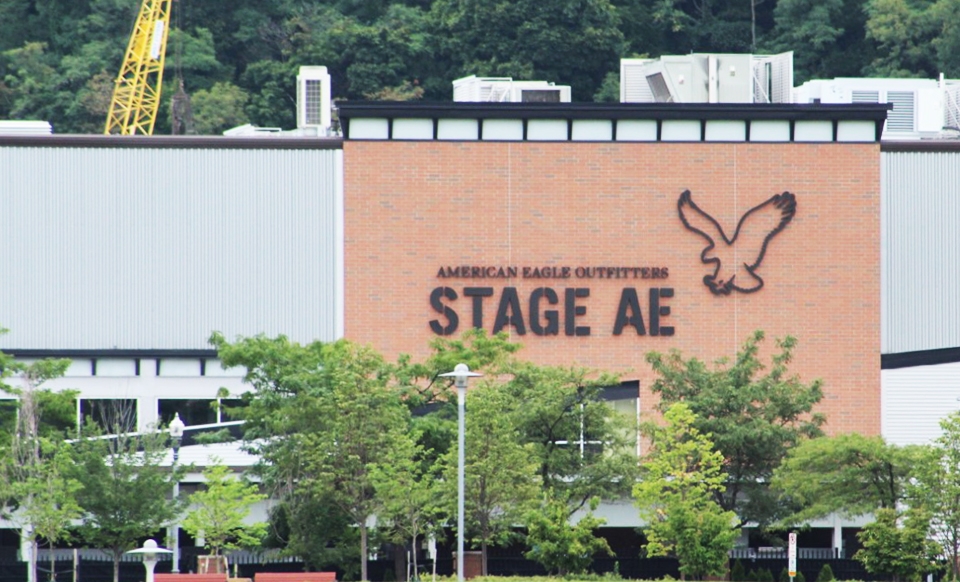
Staff Editorial
April 21, 2022
Over the Easter weekend, unidentified gunmen shot through an Airbnb on Pittsburgh’s North Side, killing two juveniles and injuring nine more. It was the worst display of violence yet in the city this year, and finally the city is taking steps to regulate short-term rentals — a step that should’ve been taken long ago.
A series of violent encounters have plagued the city for the past year, and as of yet, city officials are unsure of how exactly to stop the violence. According to the Pittsburgh Post-Gazette, Sunday’s shooting was the fourth in less than 30 hours within city limits. It was also the worst mass shooting in Pittsburgh since the 2018 Tree of Life synagogue massacre.
Although there are much deeper rooted issues going on in our city that must be resolved, the lack of regulations regarding rentals gave cause for the violence, and it’s nothing new. Complaints from residents about parties in short-term rentals have been going on for years.
After the incident, City Council proposed a bill — that was originally proposed years earlier, but never passed — to increase limitations on hosts/homeowners. Sponsored by Council President Theresa Kail-Smith and other members, the bill would require hosts to receive two licenses to rent out a home.
However, it is a much less onerous way than other cities. In Philadelphia, hosts are required to receive three licenses, whereas Pittsburgh’s would only require two.
On Airbnb’s website, they warn renters that they must pay attention to laws within their respective cities, as regulations vary according to jurisdiction. Airbnb is not responsible for knowing these, but rather, the host is. Some differences include a requirement of a business license or special permit, variations in housing standards and zoning rules and many other contracts.
If approved, the licenses in Pittsburgh will be a business license and a specific Short Term Rental License.
In addition, owners also would be required to keep a log of guests who rent the unit, including their names, addresses, phone numbers and email addresses. The log would be made available for inspection by city code enforcers.
On Wednesday, the bill was pushed back by three weeks so other city officials could review it. Instead of waiting, the city should pass the bill as is, and add onto it in the following weeks. There’s no need to continually push back on a bill that is needed in a city where violence is at its peak.
The bill is long overdue in Pittsburgh, and the proof lies in past complaints; our city government is reactive, and these push backs only support that narrative. Although the bill won’t address the on-going violence, it can address the feeling of immunity from crime.
It will hold both the host and the renter accountable, and possibly prevent future issues with partying and violence within these properties.




